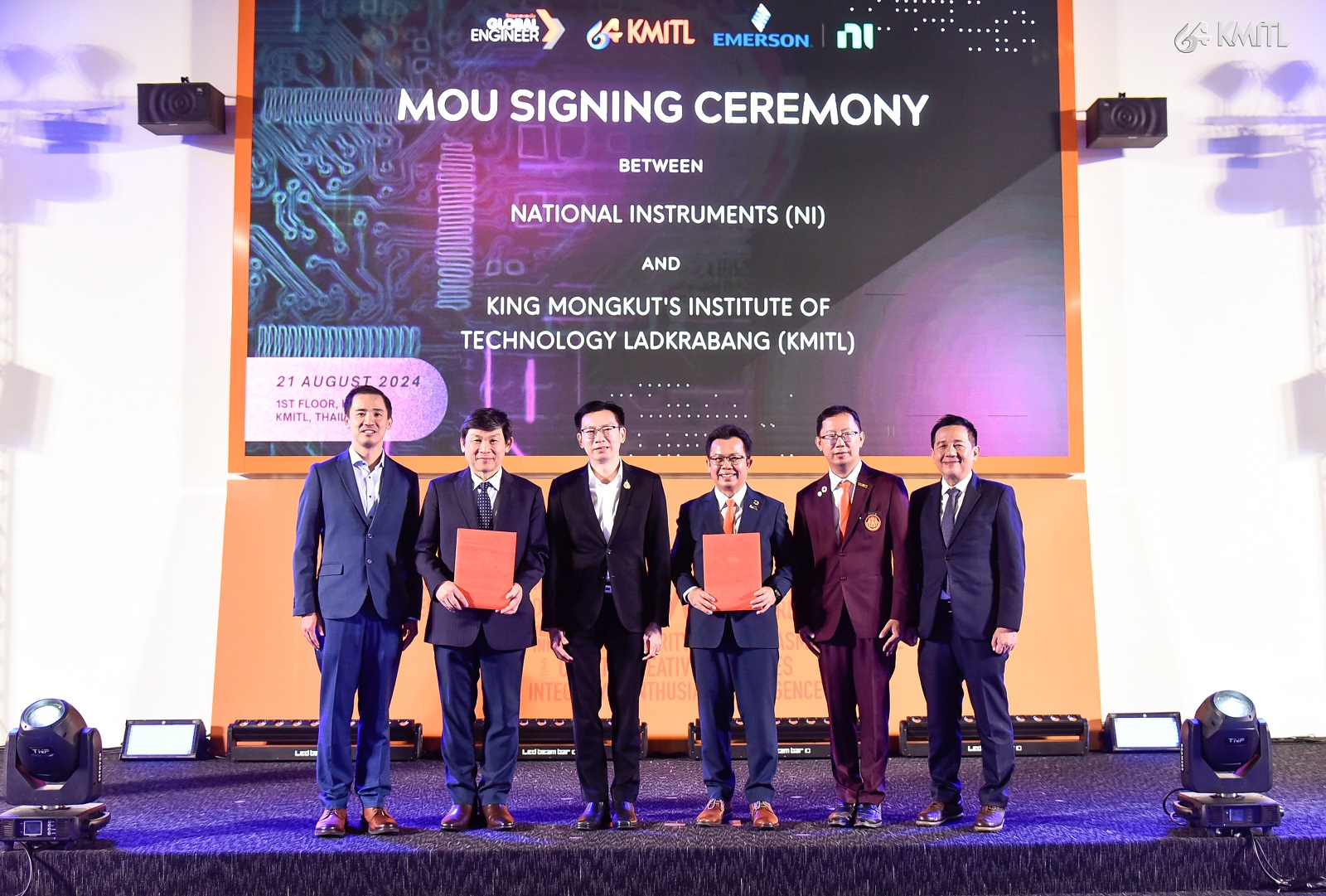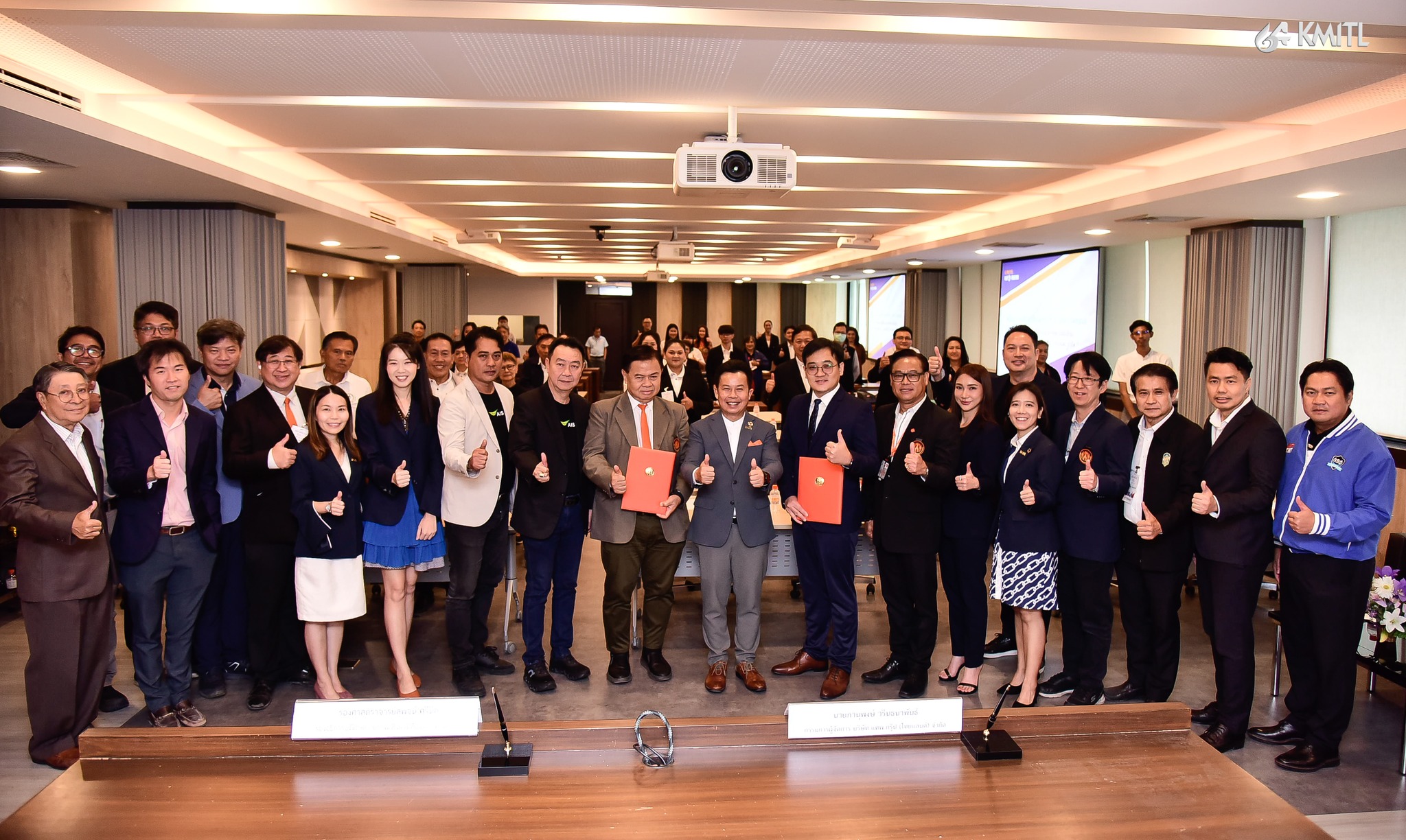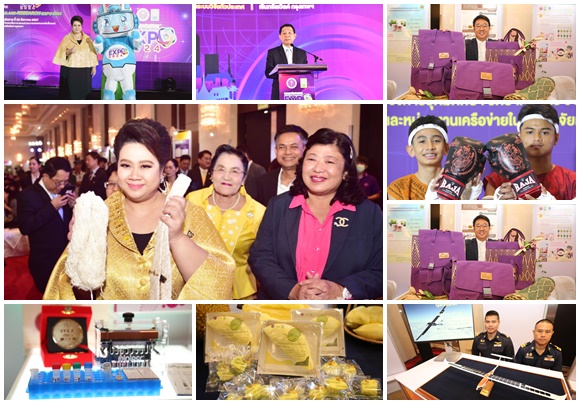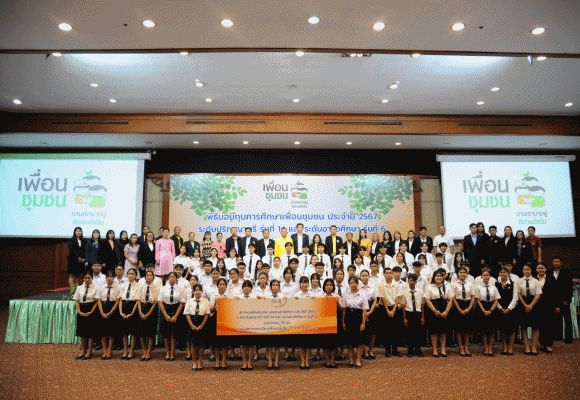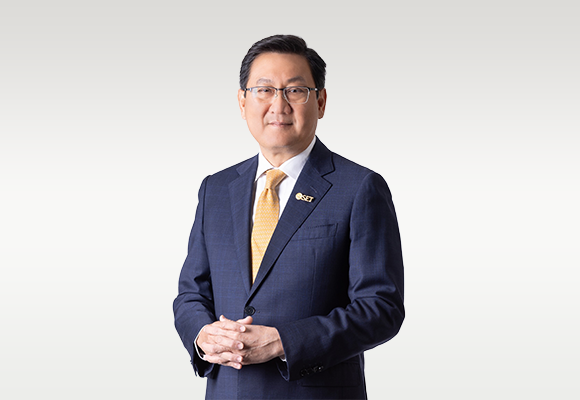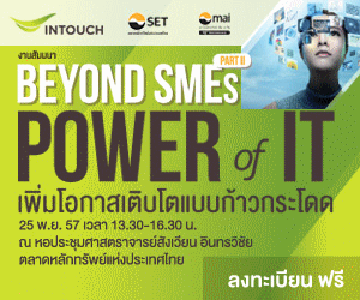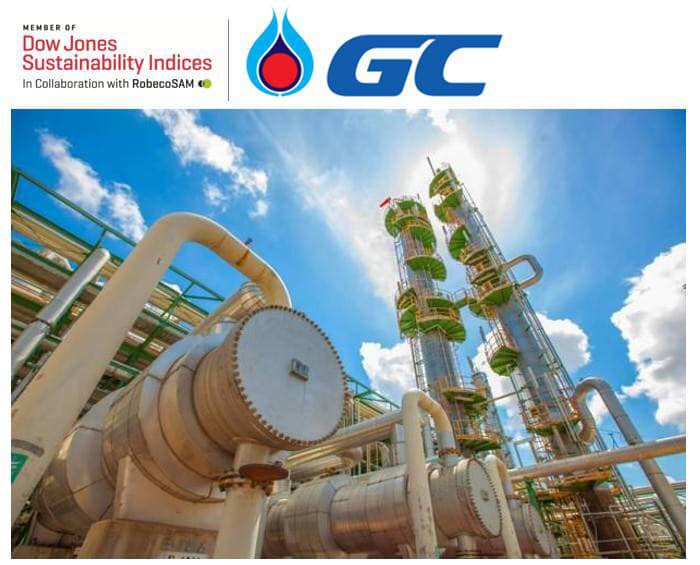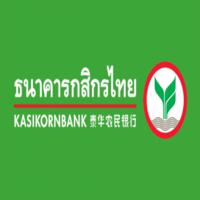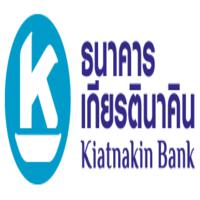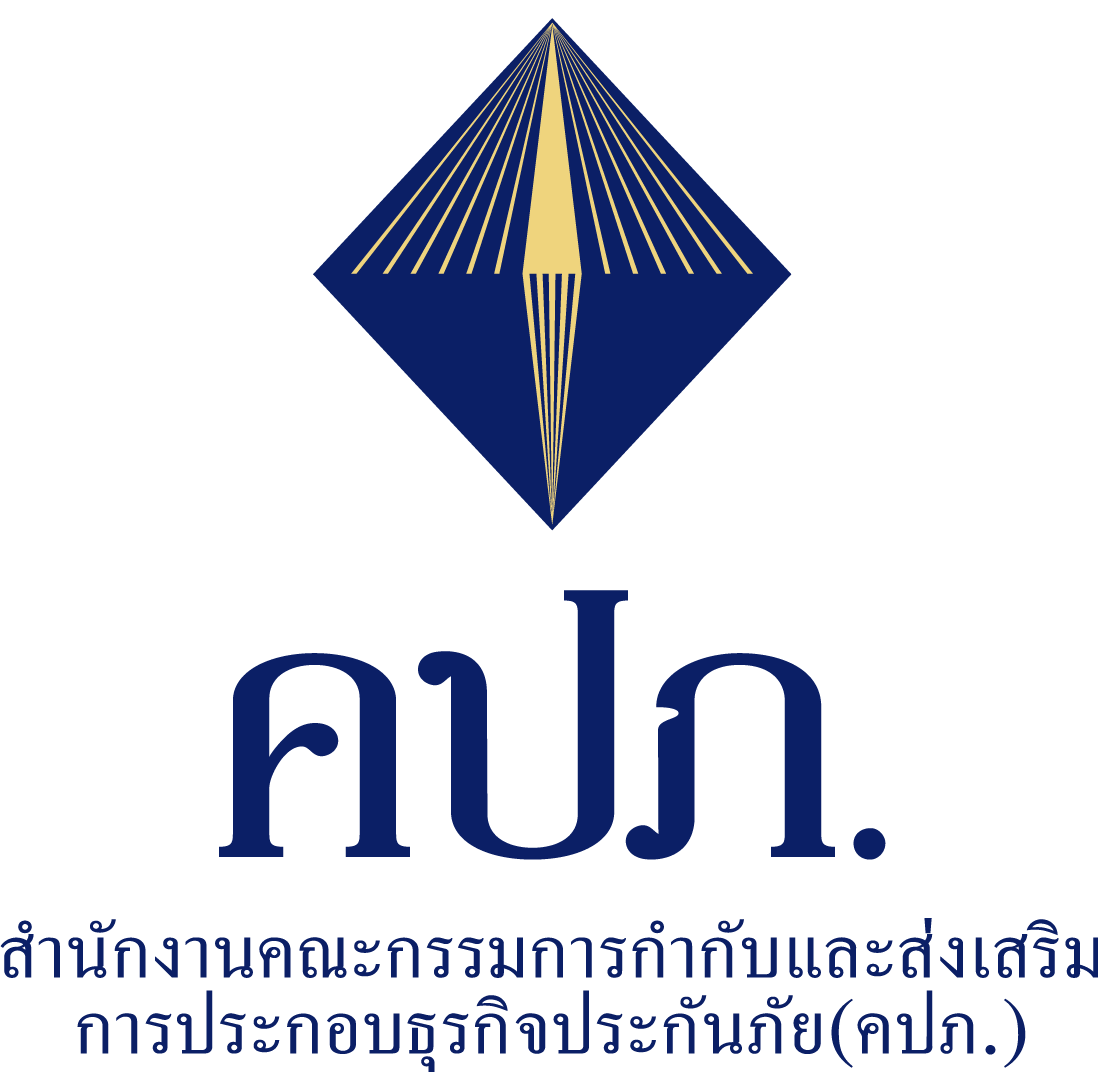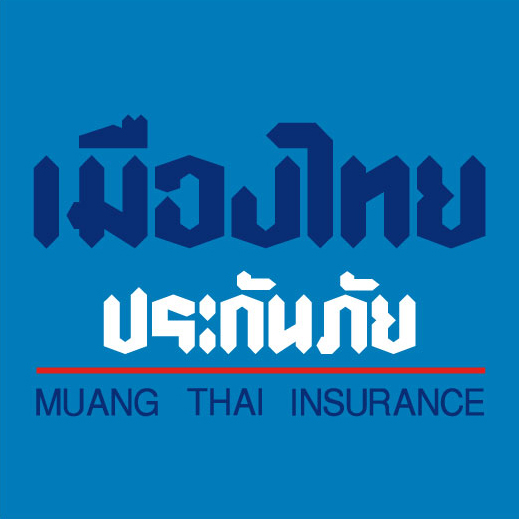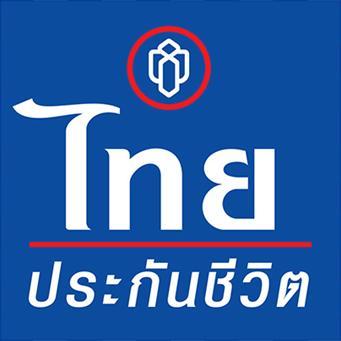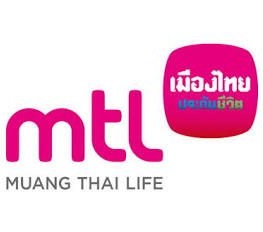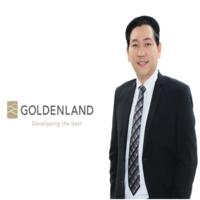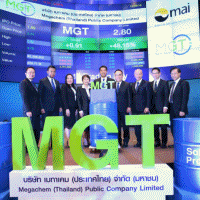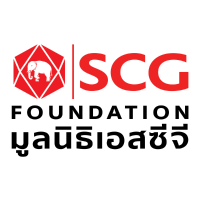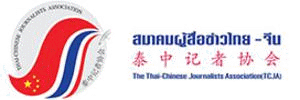- Details
- Category: บทความการเงิน
- Created: Thursday, 02 October 2014 14:03
- Hits: 4868
ผลสำรวจแมนูไลฟ์เผย นักลงทุนเอเชียระบุ'เงินบำนาญฉันจะไม่พอใช้'
- นักลงทุนเกือบ 9 ใน 10 ในฮ่องกงและญี่ปุ่นไม่เชื่อมั่
นบำนาญภาคบังคับ - เมื่อขาดความเชื่อมั่น จึงเรียกร้องให้เปลี่ยนแปลงระบบ
- นักลงทุนเอเชียเพียง 1 ใน 5 ซื้อแผนเกษียณภาคสมัครใจ
- เอเชียเป็นแหล่งนักลงทุนประเภท “บริหารด้วยตัวเอง” นักลงทุนส่วนใหญ่ขาดคำปรึ
กษาจากมืออาชีพ
ผลสำรวจใหม่จากแมนูไลฟ์ชี้ว่า นักลงทุนเอเชียไม่เชื่อว่า เงินบำนาญภาคบังคับจะพอใช้หลั
แม้ว่าเงินบำนาญนั้นเป็นสิ่งที่
สิ่งที่น่าสนใจคือ ตลาดที่ต้องพึ่งพาแผนเกษี
นักลงทุนเรียกร้องเปลี่
อย่างไรก็ตาม นักลงทุนทุกตลาดในเอเชียเรียกร้
“บำนาญภาคบังคับมักจะเป็
นักลงทุนเอเชียเพียงเล็กน้อยซื้
การขาดความกระตือรือร้นของนั
นักลงทุนเอเชียกลับคาดหวังที่
ไตรมาสละครั้ง อีกทั้งการเปลี่ยนแปลงสัดส่
“การที่มีแผนบำนาญภาคสมัครใจค่
การวางแผนการเงินแบบ “บริหารด้วยตัวเอง” ได้รับความนิยม ผู้ขอคำปรึกษาจากผู้เชี่ยวชาญมี
นักลงทุนเอเชียแสดงความกังวลเกี
ผลสำรวจยังชี้ว่า ญี่ปุ่นมีสัดส่วนของนักลงทุ
“เช่นเดียวกับการวางแผนแบบบริ
สำหรับข้อมูลเพิ่มเติมเกี่ยวกั
*เกี่ยวกับดัชนีความเชื่อมั่นนั
ดัชนีความเชื่อมั่นนักลงทุ
การวิจัยดำเนินการในฮ่องกง จีน ไต้หวัน ญี่ปุ่น สิงคโปร์ มาเลเซีย อินโดนีเซีย และฟิลิปปินส์ โดยในแต่ละตลาดสัมภาษณ์ 500 รายผ่านระบบออนไลน์ ยกเว้นในมาเลเซีย อินโดนีเซีย และฟิลิปปินส์ซึ่งวิจัยในลั
Manulife ISI เป็นชุดวิจัยที่มีประวัติ
เกี่ยวกับ Manulife
Manulife เป็นกลุ่มบริษัทการเงินชั้นนำที
Manulife Financial Corporation ใช้เครื่องหมาย “MFC” ในตลาดหลักทรัพย์แคนาดา ตลาดหลักทรัพย์นิวยอร์ก และตลาดหลักทรัพย์ฟิลิปปินส์ และเครื่องหมาย “945” ในตลาดหลักทรัพย์ฮ่องกง สามารถตรวจสอบข้อมูล Manulife ทางอินเทอร์เน็ตได้ที่ manulife.com
My pension won’t cover the bills” Say Asia Investors – Manulife Survey
• Almost 9-in-10 investors in Hong Kong and Japan lack confidence in mandatory pensions
• Lack of confidence leads to calls for change in the system
• Only one-in-five Asian investors buy optional retirement plans
• Asia home to the 'DIY Investor', with majority missing out on professional advice
Asian investors don’t believe their mandatory pensions will be sufficient to cover their post-retirement expenses, and would like to see a raft of changes made to the pension system, according to new research from Manulife .
Although pensions are expected to be a top-three source of retirement income, when investors were asked if they were confident that their mandatory pension would be sufficient to satisfy their retirement needs, only 38 percent could answer with a definite “yes”. The top reason for their lack of confidence was concern the savings from the plan would not be enough to cover their retirement expenses (43 percent). Investors are also worried that investment returns will be too low and that they are unable to predict what they will get from their plans on retirement.
Notable is the fact that where reliance on a mandatory retirement scheme is highest, confidence is lowest. In Hong Kong and Taiwan, investors expect state or employer pensions to account for 18 percent of retirement income, while in mainland China and Japan it’s even higher at 30 percent and 31 percent respectively. But with dependence comes insecurity. Almost nine-in-ten investors in Hong Kong and Japan say they lack confidence in their mandatory pensions. In Taiwan the figure is 7-in-10, and even in mainland China, where there’s a strong heritage of state support for those in retirement, almost three-in-five lack confidence.
Investors Call for Changes to the Pension System
Calls for enhancements to the mandatory pension system are however shared Asia-wide. The top request from survey respondents was for more education on retirement planning (65 percent). Other changes requested were for greater flexibility on withdrawing funds before retirement and a wider range of investment choices. Investors also showed a strong preference for the contribution level to be raised, but said they felt the onus should be on the government or employer to contribute more to their pension plan (60 percent) as opposed to themselves (30 percent)
“Mandatory pensions are often investors’ first experience of forced saving for the future, so there’s a learning process in order to understand the features and benefits of their mandatory plan,” said Robert A. Cook, President and CEO, Manulife Asia. “The fact that investors recognize they need more education on retirement planning is a good thing. We encourage all investors to take greater personal responsibility for their own retirement and plan for other sources of income that will support them. Government pensions are a good start, but as investors know, they won’t be enough.”
Few Asia Investors Buy Optional Pension Plans
Investors’ lack of enthusiasm is even more apparent in the case of private pensions, with only a fifth of Asia investors saying they’ve bought an optional pension or retirement plan.
Instead Asia investors expect to turn to other sources of income during their retirement, including savings (26 percent) and returns from other investments such as property (16 percent). However, the survey also shows that Asian investors aren't managing their portfolios in a way that will generate the returns they need. Just over a third say they review their investment portfolio once a quarter, and changes to portfolio allocation are rare.
“The relatively low ownership of optional pension plans and the sense that government plans won’t be enough sends investors in search of other sources of retirement income” said Donna Cotter, Head of Wealth Management for Manulife Financial in Asia. “But investors need to be sure that the alternative sources they are relying on will in fact generate the returns they expect, that the level of risk involved is not too high, and that they’re managing a diversified portfolio that will meet their needs.”
DIY Financial Planning Popular; Percentage Seeking Industry Advice Half that of US
Asia investors express concern about their aptitude when it comes to retirement planning, with more than half (55 percent) admitting that they don’t understand their government pension plan, however, only 25 percent seek advice from a professional financial advisor – just half the level seen in the United States. The majority (60 percent) simply prefer to manage their own investments and miss out on input from industry professionals, such as financial advisers, insurance agents or bank staff.
The findings show that Japan has the biggest percentage of do-it-yourself investors (76 percent), with Indonesia, Malaysia and Taiwan all above 50 percent. Conversely almost three-in-five investors in the region rely on family, friends and colleagues for their financial planning advice, while just under half use mass media.
“As with a lot of DIY, DIY financial planning makes good sense when you have the right knowledge, tools and time to dedicate to it, but if not, you can end up with a result that isn’t what you hoped for or that underperforms,” said Donna Cotter, Head of Wealth Management for Manulife Financial in Asia. “Investors have variable levels of financial knowledge and often limited exposure to the various investment options available to them. This creates a greater risk of getting calculations wrong or of overlooking an investment product that could be the perfect fit. Taking the time to check thoroughly with professionals is time well spent.”
บุคคลติดต่อสำหรับสื่อมวลชน:
David Norris
(852) 2202 1749










